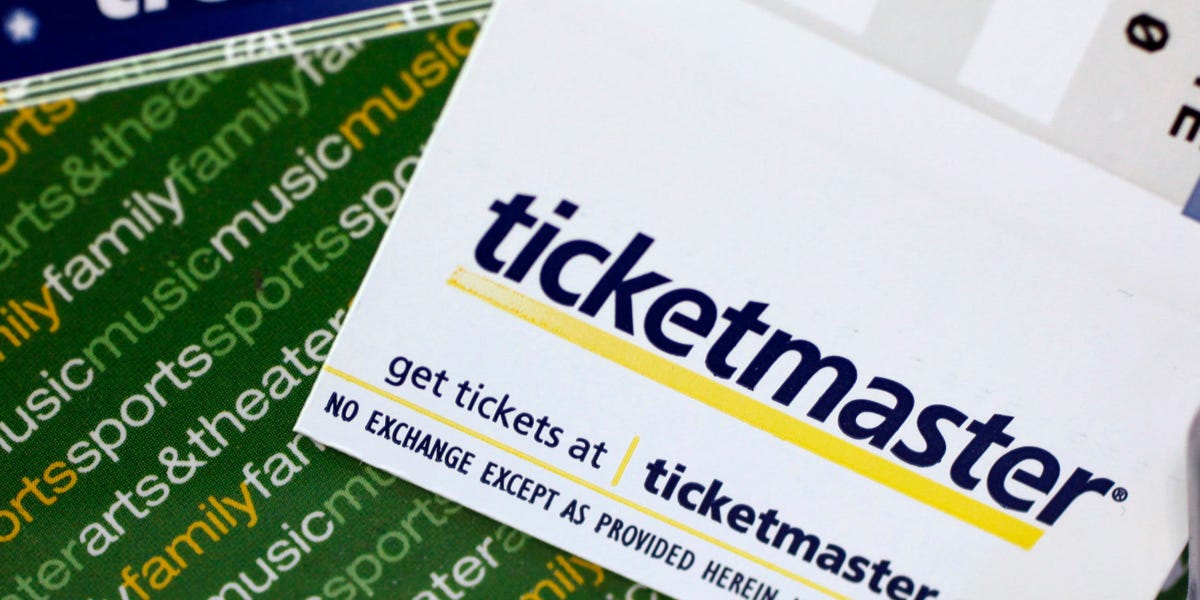Ticketmaster and Live Nation Challenge States’ Role in Antitrust Case
Ticketmaster and its parent company Live Nation are seeking to remove 27 states from a significant antitrust lawsuit initiated by the Department of Justice. The legal team for the entertainment conglomerate argued that these states lack the necessary evidence to demonstrate a direct impact on their residents.
During a federal court session, Live Nation’s lawyers contended that increased competition might inadvertently lead to higher ticket prices. They claim that without clear evidence of injury, the states should not be allowed to pursue damages.
“If Ticketmaster wasn’t doing what it was doing, then multiple ticketers could sell for an event, and then the customers would be better off in that world? That is only a theory,” stated Andrew Gass, a Live Nation attorney, addressing the court.
The lawsuit, still in its nascent stages after eight months, aims to dismantle Live Nation’s control over 60 of the largest event amphitheaters in the U.S. The Justice Department alleges that this dominance forces artists to use Live Nation’s promoters and Ticketmaster for ticket sales, creating a monopolistic system detrimental to competitors, artists, and fans.
The 27 states involved in the lawsuit are seeking triple damages, arguing that their residents face inflated ticket prices due to limited competition. However, Gass argued that concertgoers are too distanced from the alleged monopolistic practices for states to sue effectively on their behalf.
Live Nation further argued it is inefficient for states to “piggyback” on federal claims. Gass presented a hypothetical scenario: if Live Nation allowed other promoters to bid for venue access, it might result in competitors outbidding each other, potentially raising ticket prices.
Judge Arun Subramanian expressed skepticism, noting that the concept of consumer savings through competition between ticket sellers “seems like a very straightforward theory.”
The court session also examined the Justice Department’s claim that artists are restricted from using their own promoters when booking Live Nation venues. DOJ attorney Arianna Markel explained, “The policy is that third-party artists may not rent their amphitheaters unless those artists purchase Live Nation promotion services as well,” describing this as a prohibited “tying” arrangement under antitrust law.
Live Nation has requested dismissal of this claim, arguing it is within their rights to choose not to engage with rival promoters. Judge Subramanian remarked, “I can’t force them to rent these amphitheaters to rival promoters,” indicating some agreement with Live Nation’s stance.
The judge has given both parties until Monday to submit final arguments, limited to five pages, regarding Live Nation’s dismissal requests.
For further reading on the lawsuit’s details, see the full article here. Additional information about the judge’s recent cases can be found here.






